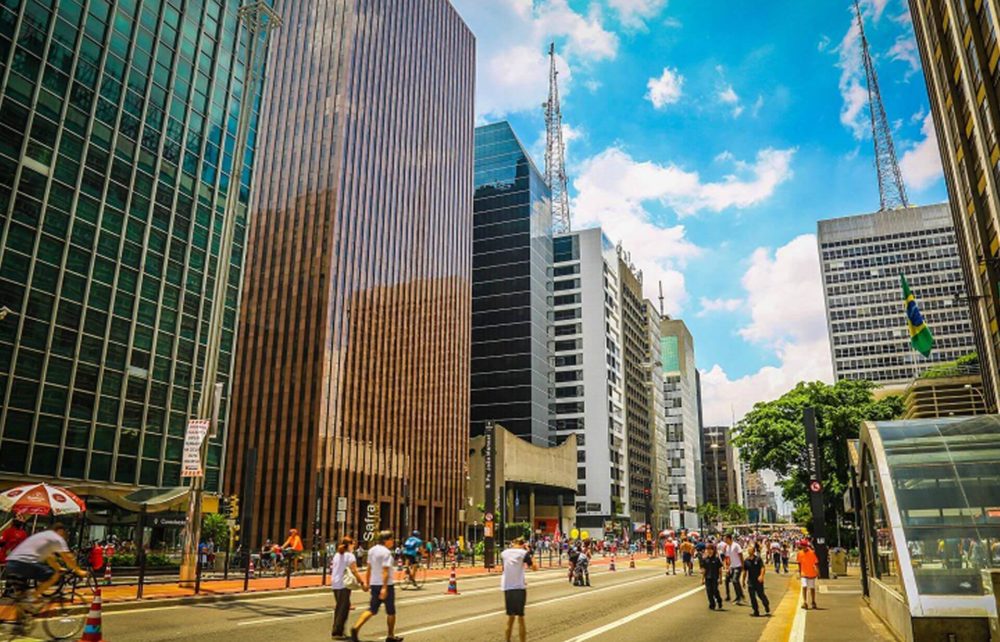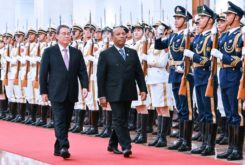Brazil’s economic recovery from the pandemic will take, at least, two years, but economic growth could quicken if the country lightens its ‘cumbersome’ regulation and taxation, the OECD says.
In its latest Economic Survey of Brazil, the OECD says the decisive response to COVID-19 spared South America’s largest economy from a more severe economic impact, but still the pandemic will significantly affect well-being and prosperity, taking a toll on people and businesses in the informal economy.
The Survey estimates the COVID-19 crisis will cause GDP to shrink by 5% this year, followed by a return to growth of 2.6% in 2021 and 2.2% in 2022.
“Reforms to help firms to grow and compete internationally would enable Brazil to reap the benefits of integrating into global trade and to address rising poverty and inequality,” the OECD says.
The Survey estimates that an ambitious package of reforms to improve domestic regulation and competition, reduce barriers to foreign trade and improve institutions and economic governance would boost per-capita GDP growth by 0.9 percentage points per year over 15 years.
Lowering trade barriers could also bring down the prices of many goods, with a tangible impact on the lives of ordinary Brazilians, according to the OECD’s estimation.
“The COVID-19 crisis has accentuated the need to further lighten the cumbersome regulations, including complex procedures for taxation, which hamper entrepreneurship and competition,” the OECD adds.
An average medium-sized company in Brazil spends around 1,500 hours a year on procedures to pay taxes compared to 317 hours in Latin American countries or 159 hours in OECD countries.
“Investment in education, vocational training and adult skills would in turn help to build a more productive workforce ready for a more globally integrated economy. Evidence suggests that adult training programmes can make a real difference for workers seeking to move into better-paying jobs, provided that course content is well-aligned with local labour market needs,” adds the OECD.
“The efficiency of public spending should be improved, as the pandemic is adding to Brazil’s already high public debt. There is scope to make significant savings with no impact on well-being,” says the OECD.
The Survey recommends reviewing tax exemptions and subsidies that account for almost 5% of GDP and trimming civil service costs.




